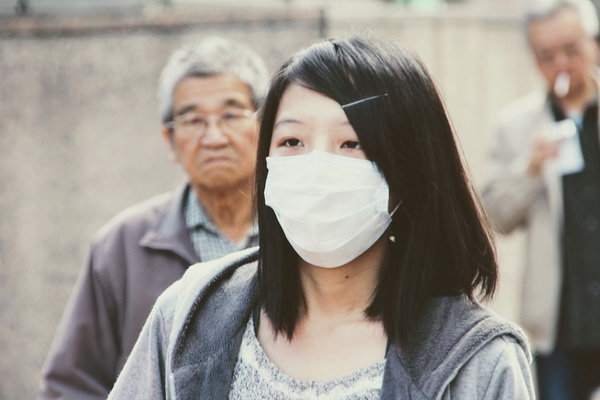Still Got The Flu: Influenza A (H1N1)
Children younger than five years old, old people (65 years and older) and pregnant women are recognised as high-priority groups that are more susceptible to Influenza A (H1N1).
According to UNICEF, Influenza A is a newly emerged virus that is circulating amongst humans across the world and it is an agent that can cause an acute infectious disease of the respiratory tract particularly for those with underlying chronic health conditions.
Included in the group are those who are on long-term aspirin therapy, patients of asthma, chronic lung disease, heath disease, kidney disease, organ failure, diabetes, residents of nursing homes and other chronic care facilities and those who experience suppressed immunity namely HIV patients and patients undergoing cancer treatment.
Family, friends and carers should always be on the lookout for these signs and seek immediate medical attention if they see these signs:
1. Fever of 38° Celsius over two days
2. Difficulty in breathing, shortness of breath, severe chest pain
3. Bluish or purplish lips
4. Coughing up blood or blood like sputum
5. Dizziness and difficulty to stand up
6. Absence of urination
7. Seizures
8. Less responsive than normal or becomes confuse
The spread of Influenza A can be prevented by observing these simple practices:
1. Stay at least 1 metre away from people who are coughing and sneezing.
2. Avoid touching, hand-shaking and kissing.
3. Avoid crowded spaces whenever possible.
4. If you are ill, stay at home for seven days after your symptoms begin or until you have been symptom-free for 24 hours, whichever is longer.
5. Ask others to help with daily chores.
6. Monitor your symptoms.
7. Seek immediate medical attention if there are danger signs.
8. Always cover the nose and mouth when coughing and sneezing as these can cause spread the virus.
9. Use a single-use tissue if possible.
10. Dispose used tissue immediately after use.
11. Wash hands frequently – before eating, after coughing or sneezing, after the toilet and after removing face cover.
12. Always use soap and water and rub surfaces thoroughly for 15 seconds.
13. Keep hands away from your face.
Source: UNICEF
HealthEdge
EXCLUSIVE

Pet Vaccination, Public Awareness And Surveillance Key Towards Rabies-free Southeast Asia - Experts
KUCHING, Dec 11 (Bernama) -- The goal of making Southeast Asia free from human rabies can be achieved through a total understanding of the disease, how it can be prevented and responsible pet ownership among communities, say experts.
read more ››IN FOCUS

TAVI KAEDAH BAIK PULIH INJAP JANTUNG TANPA PEMBEDAHAN




